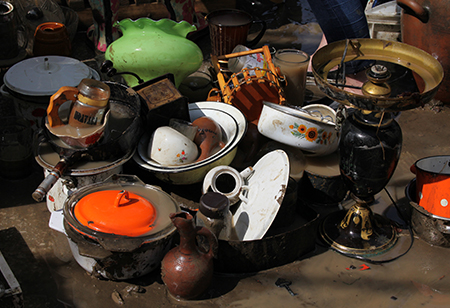Donations for Tbilisi flood victims exceed 15m GEL

People in Georgia and around the globe are generously donating whatever they can afford to assist the hundreds of people affected by the devastating flood in Tbilisi.
Thanks to the generosity of local and international donors, more than 15 million GEL has been raised for flood victims since Saturday night’s disaster.
In the first 24 hours after a charity fund launched, people had donated two million GEL. This had doubled to four million GEL in a 48 hour period. By last night, four days after the disaster, this figure had soared to a staggering 15.2 million GEL.
Georgia’s Prime Minister Irakli Garibashvili made a public announcement yesterday thanking donors for their generous support.
The European Commission has allocated €3 million to help deal with the crisis. As for donations, about 15,200,000 GEL has already been raised. I would also like to thank all the people who are helping in the clean-up efforts, such as volunteers, the National Guard, rescue teams, athletes, representatives of different ministries, etcetera,” said PM Garibashvili.
About 400 people from 80 families are affected and have been temporarily placed in 10 hotels and houses. These families have been provided with immediate aid, such as food, first aid, medicine and children's products.
Last night a special program called Hope for Tbilisi was broadcast by local TV channel Imedi TV where members of the Georgian public and local companies could donate to the relief fund via dialing a specific number or transferring money to a special account. Shortly after the program aired the money was counted –1,563,197 GEL had been raised.
The Patriarchate of Georgia also supported the flood-affected families with a 100,000 GEL donation.
Meanwhile, the Presidential Reserve Fund allocated 200,000 GEL and the Governmental Reserve Fund allocated 150,000 GEL to the relief fund.
Since Saturday night’s tragedy, the Government has worked with donor organisations to coordinate relief donations. PM Garibashvili said the Government would review the damage and then present specific projects to donor organisations, which would then finance the recovery works. This assistance will be financial as well as with expert advice, technical support and reconstruction.
 Tweet
Tweet  Share
Share